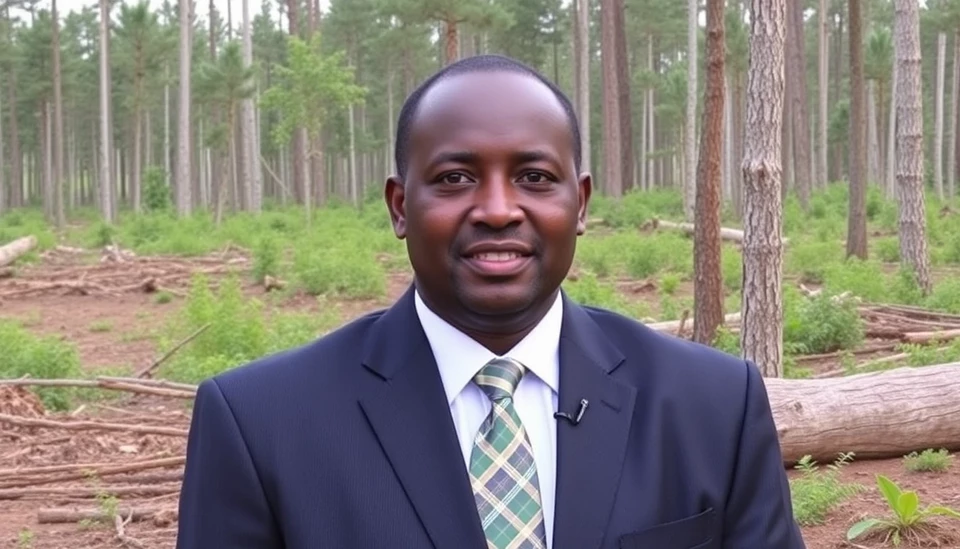
In a significant development for Gabon's timber sector, the ruling junta has been granted direct access to the nation's lucrative $620 million timber industry. This move marks a pivotal shift in the management and oversight of one of Africa's most abundant natural resources. The junta, which came to power following a coup in August, is anticipated to streamline operations and leverage this industry for both economic growth and political stability.
The access comes on the heels of various reforms aimed at enhancing the efficiency and sustainability of timber extraction and trade in Gabon. Historically, the timber industry has faced multiple challenges, including corruption, illegal logging, and mismanagement. However, the junta's leadership is now expected to implement strict regulations and promote transparency within the sector, potentially leading to improved practices and increased revenue.
Gabon is endowed with vast forest resources, primarily consisting of valuable hardwood species like okoumé and ozigo, which are highly sought after in global markets. This abundance not only supports a significant export economy but also provides livelihoods for thousands of families in the region. Under the junta's administration, there is hope that the timber sector will undergo revitalization, ensuring that the benefits of these resources are better distributed to the population.
Moreover, the junta's enhanced control over the timber industry may facilitate investments, incentivizing both domestic and foreign stakeholders to engage with Gabonese businesses. Analysts suggest that this could lead to technological advancements and sustainable practices being integrated into logging operations, thereby improving both productivity and environmental conservation efforts.
While the potential for economic uplift is promising, experts express caution regarding governance and oversight. The necessity for a transparent framework is essential to prevent past pitfalls from re-emerging. The international community will be closely monitoring how the junta maneuvers these changes, particularly in relation to human rights and community engagement, as Gabon takes steps towards harnessing its natural assets.
In summary, the junta's direct access to Gabon's timber industry could redefine the economic landscape of the region. By focusing on reform and transparency, there is an opportunity to boost growth, improve livelihoods, and maximize the benefits of Gabon's storied natural resources. As this situation continues to evolve, all eyes will be on the actions taken by the junta and their long-term impact on Gabon's economy and society.
#Gabon #TimberIndustry #JuntaReforms #EconomicGrowth #SustainableLogging #AfricanEconomy #NaturalResources #PoliticalChange
Author: Sophie Bennett
